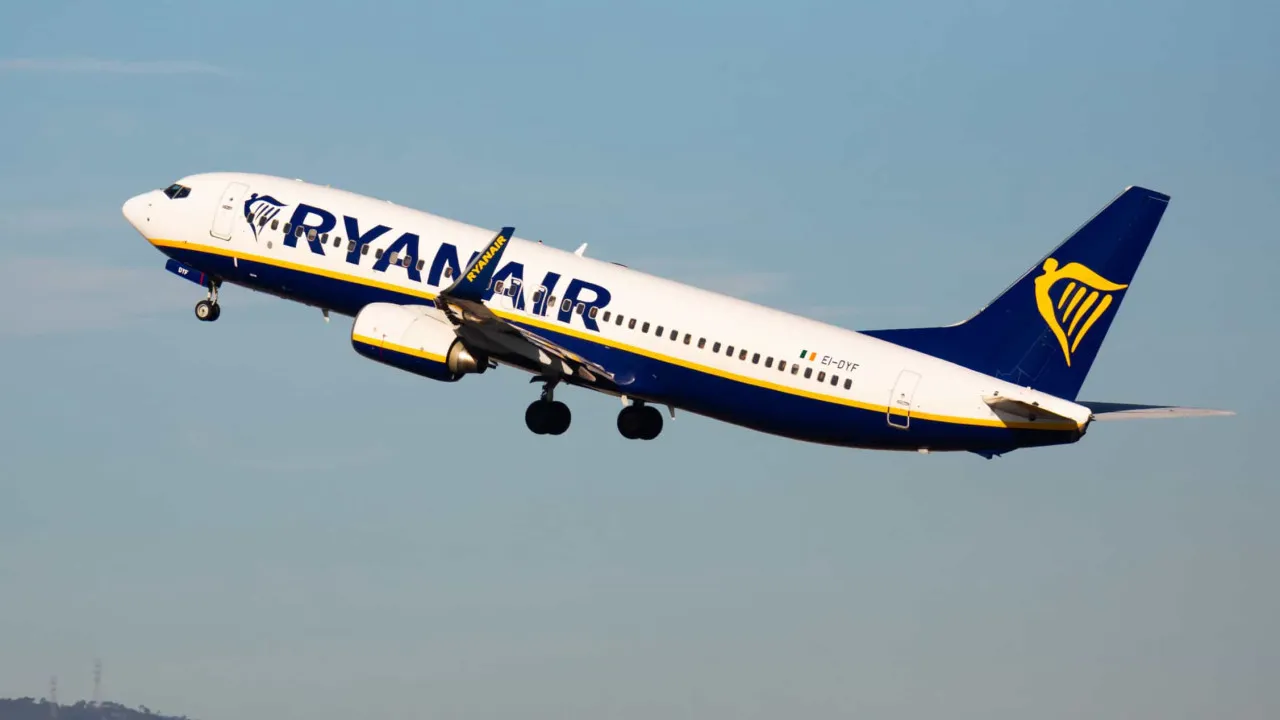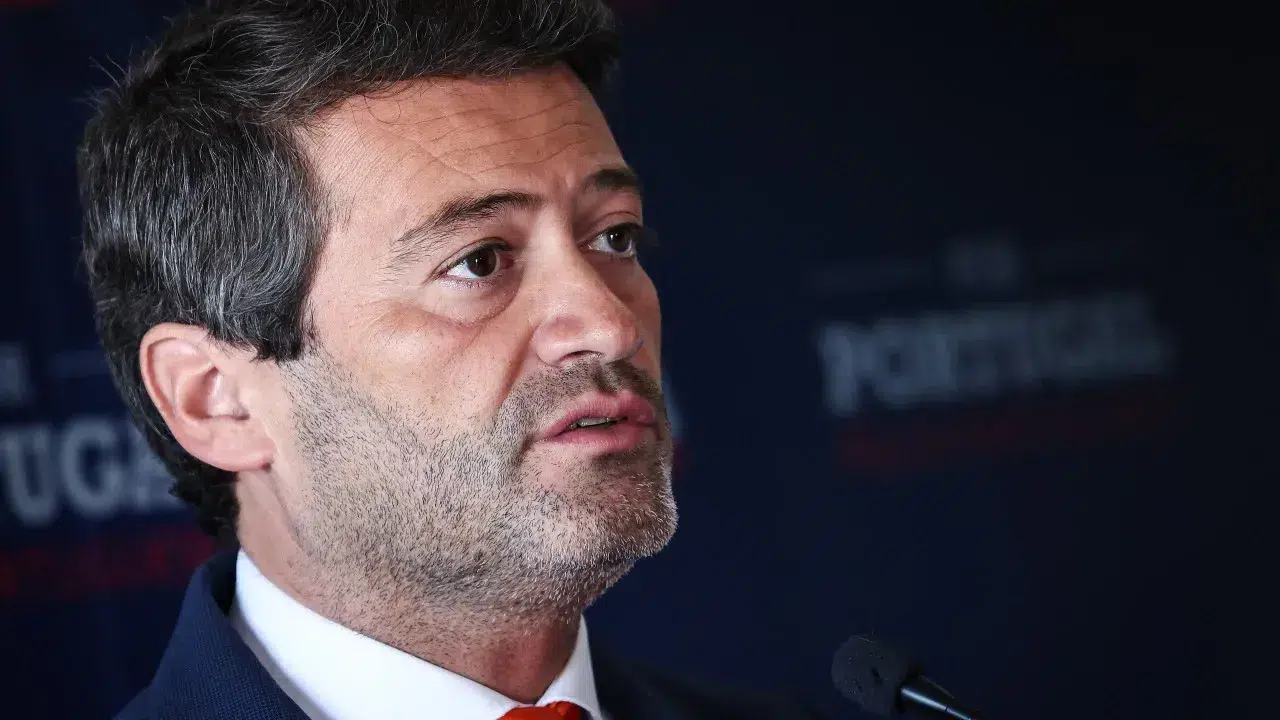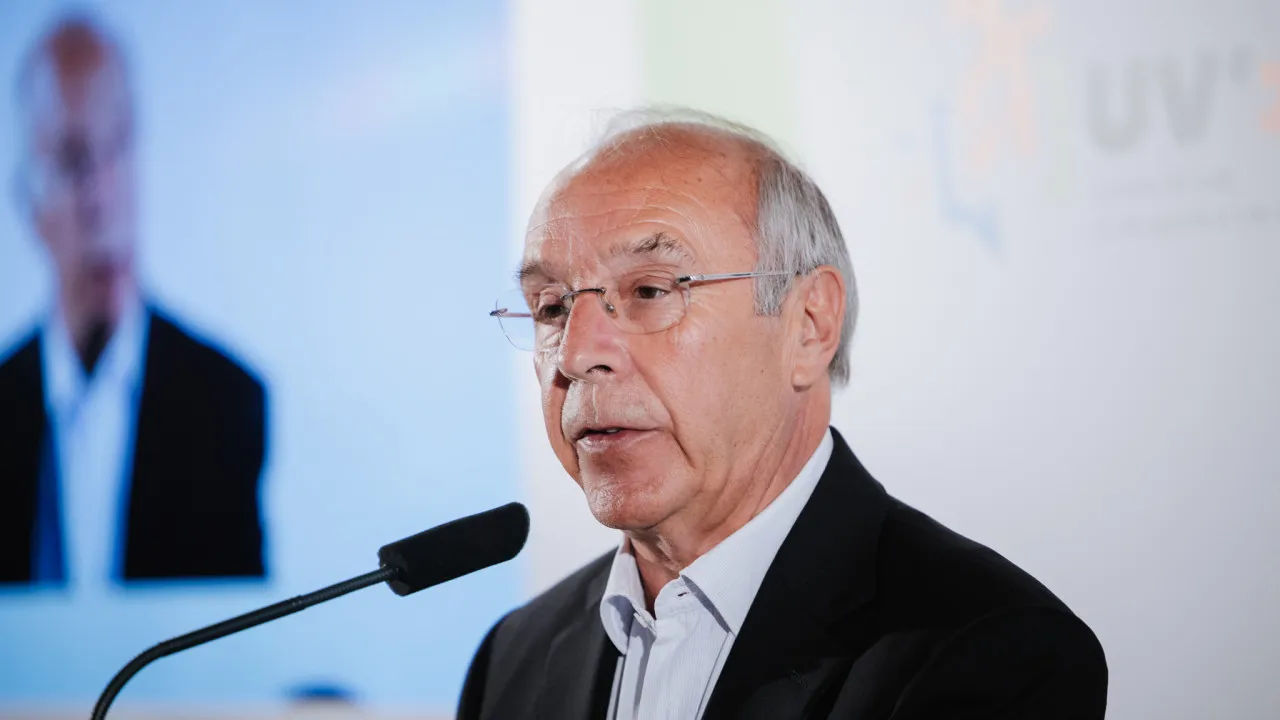
The company reported that its total revenue reached €4.34 billion, marking a 20% increase, with passenger revenue rising by 15%.
In a statement, Ryanair disclosed that it carried 57.9 million passengers in the first quarter, an increase of 4%, while the average airfare rose by 21% to €51.
The leading low-cost airline in Europe noted that operating costs grew by 5% to €3.42 billion, although this was partially offset by hedging its fuel needs through the pre-purchase of 85% of the total requirement for the fiscal year ending March 31, 2026, at a price of $76 per barrel.
Ryanair acknowledged the benefit of operating “the entire Easter period” last April, which contributed to a 5% rise in ancillary revenue. This includes items such as priority boarding and on-board consumption, accounting for nearly 25% of the company’s revenue.
Ryanair CEO Michael O’Leary, quoted in the statement, mentioned that despite delays in the delivery of Boeing’s B737 aircraft, the company plans to operate 2,600 routes this summer, 160 of which are new.
However, he cautioned that Ryanair’s “capacity growth is limited,” which will benefit “regions and airports reducing aviation taxes and encouraging traffic growth,” anticipating the continuation of this trend.
Looking ahead to the rest of the fiscal year, O’Leary indicated that the company’s passenger traffic will grow by the previously forecasted 3% to 206 million annually due to Boeing’s delays, but he also considers it premature to make a significant profit forecast for fiscal year 2026.
“Nevertheless, cautiously, we expect to recover nearly all of last year’s 7% annual fare decline, which should result in reasonable net profit growth in fiscal year 2026,” he stated.
He further warned that the bottom line remains “highly exposed to adverse external events,” such as the risk of trade wars, macroeconomic crises, escalating conflicts in the Middle East and Ukraine, European air traffic control strikes, or “poor management and staff shortages.”




